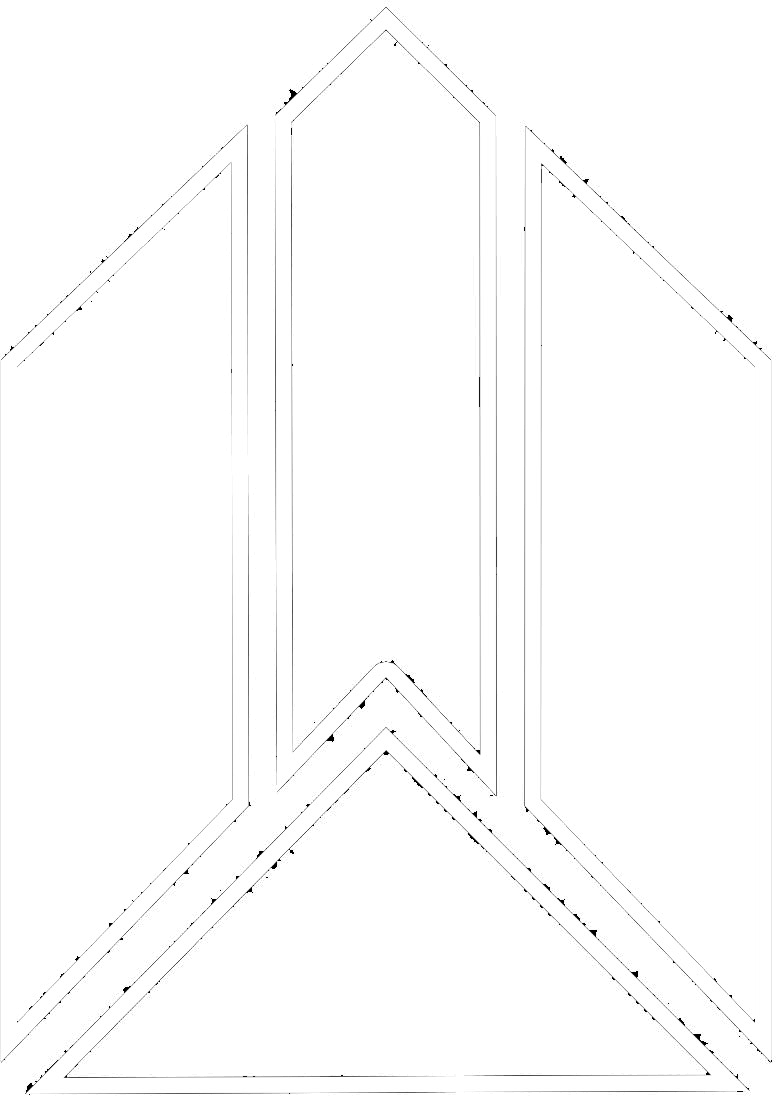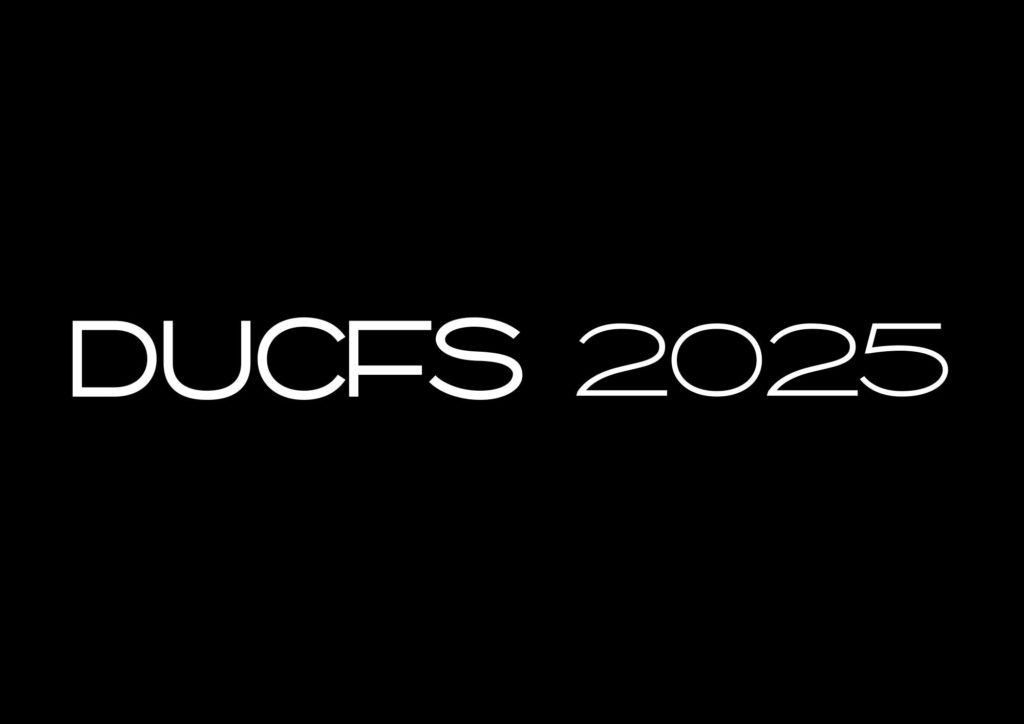Tell me a bit about Generous Ape. What was the inspiration behind your launch?
Generous Ape is a style-led sustainable marketplace, where we bring together brands which have the quality, style and design that make a sustainable lifestyle seamless without having to sacrifice style. Effectively, every purchase has a purpose and relates to giving back to either animals, people and the environment in the way that they offer a far more sustainable solution to typical brands.
Why has sustainability become so important in the fashion industry?
Well, the fashion industry alone is the fourth biggest environmental polluter by industry. If you compare that to big offenders like the agriculture or fuel industry, it probably ranks very low in terms of awareness. But, in terms of what the public can do to reduce our impact on the planet, it is one the consumer is most in control of. Every other industry is led by policy, yet when it comes to fashion it comes to a consumer choice.
What do you think is the greatest environmental impact the fashion industry creates?
Denim. It is something everyone has in abundance, and it uses the most freshwater out of anything. The cross contamination it then has on water systems – around 70% of Asia’s rivers and lakes are contaminated by 2.5 billion gallons of wastewater, where the main offender is cotton. Another issue is landfill: as a western country we have excess money meaning we have the luxury of shopping. Yet our shopping behaviours are a huge detriment to it globally.
What do you think is the most difficult challenge when it comes to putting sustainable fashion into the spotlight?
Environmentalism is very polarising in that people feel they are being lectured. The hardest part is not to lecture but instead to inspire, with better solutions at a better price point, giving them something seasonless that is not based on trends. People have been told for too long that the world is on its last legs. When it comes to clothing, buying something is such a simple lifestyle choice where, on face value, fast fashion is a great solution for people who want cheap clothing. The challenge is telling fast fashion consumers that they are buying into a crisis and a socio-environmental issue: it is making people aware of that. People don’t understand that there are more than environmental costs.
What do you think are the key factors or features that sets a sustainable fashion brand apart from a fast fashion brand?
The first factor I think would be the process and principles of the business are different. They ask, ‘what am I putting into this product?’, such as organic certified cotton. They look at the supply chain: not just at the workers who make it but also about what raw materials are used, how local the sourcing is, or how recyclable they are.
The second thing is their seasonless approach where items are not defined by a trend. They are more of an investment which are better quality, yet won’t go out of style.
Then there is also the value proposition. A lot of these businesses are independent brands who are putting these principles at the core of their business. In comparison, big fast fashion brands, who are turning over billions of dollars, only make sustainability part of their agenda as a marketing ploy. Rather, they are driven by cheap, knock off clothing that lacks flair or a creative process, and instead have a three-wear lifespan.
You mentioned that fast fashion brands often use ‘sustainability’ as a marketing ploy. How do you avoid such greenwashing when recruiting businesses to join your marketplace?
First of all, we strive for progress, not perfection. We recognise no one has found a fully circular system yet. So we look at what brands are currently doing but also what they aim to do in the future. We look at the due diligence of the brand and compare what they are saying in their marketing and what they are actually doing. We recognise every brand is unique, but we have a certain set of criteria for brands depending on their product field. For instance, we look for beauty brands that have vegan, chemical free, palm oil free products.
What are some new technologies or materials used in textiles making that you are most excited about?
For me, the most exciting thing is the emergence of natural textiles coming out from fruit and vegetable fibres. For example, Piñatex is made out of waste pineapple leaf and resembles leather yet is low impact, responsible and cruelty free. It’s about taking anything that is waste and then converting it into something new – this is the next generation of ‘super materials’ that I am looking forward to trying out.
Do you think sustainable fashion will ever be a ‘norm’?
I am fully hedged that it will, it is only a matter of time and over the last few years it has grown hugely. As soon as people see the effect of the fast fashion industry, they are more liberal to change as long as it won’t impact their style.
And finally, what would be the one piece of advice you would give to Durham students right now if they want a more eco-conscious wardrobe?
You don’t have to be an environmentally minded person to enjoy sustainable fashion! You would be amazed at what is on offer at the price point of where you already shop. Once you make a connection to what these brands stand for, you realise how powerful shopping ethically is today because you are endorsing brands that are better for the planet.
Ask yourself what you are endorsing. I tend to compare it to the food industry. For instance, if you are paying for very cheap meat, which is also low quality, it is because someone else, like the workers or animals, are paying very high prices in terms of how it affects their quality of life. You wouldn’t implement that into your lifestyle. People need to have that same approach with fashion.
Check out Generous Ape here: https://generousape.com/
Interview by Maud Swanborough

